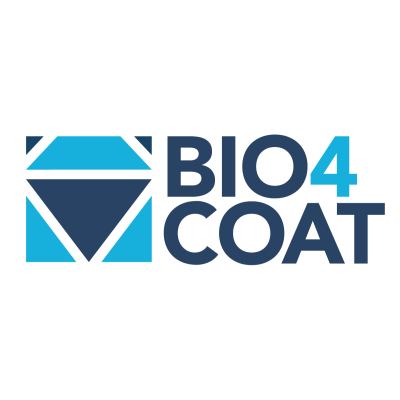
BIO4COAT
BIOBASED BUILDING BLOCKS FROM BIOREFINERY FOR SAFE DIAMOND-LIKE AND BIOPOLYURETHANE COATING SOLUTIONS UNDER EXTREME AND DEMANDING CONDITIONS OF USE AND END OF LIFE - BIO4COAT

BIOBASED BUILDING BLOCKS FROM BIOREFINERY FOR SAFE DIAMOND-LIKE AND BIOPOLYURETHANE COATING SOLUTIONS UNDER EXTREME AND DEMANDING CONDITIONS OF USE AND END OF LIFE - BIO4COAT
The BIO4COAT project aims to develop high-performance, bio-based coatings from renewable materials such as crop residues and food industry by-products. These sustainable coatings are designed to withstand extreme and demanding conditions, offering viable alternatives for use in plastics, textiles, agriculture, and construction.
By converting biomass into high-performance coatings, BIO4COAT aims to minimise the environmental footprint and strengthen the resilience of these industries. The project will test these coatings under real-world conditions, showcasing their effectiveness and potential for widespread adoption. Through this work, BIO4COAT wants to contribute to the EU’s goals of promoting safe and sustainable chemicals, driving innovation in the bio-based sector, and reducing the environmental, economic, and societal impacts of industrial processes.